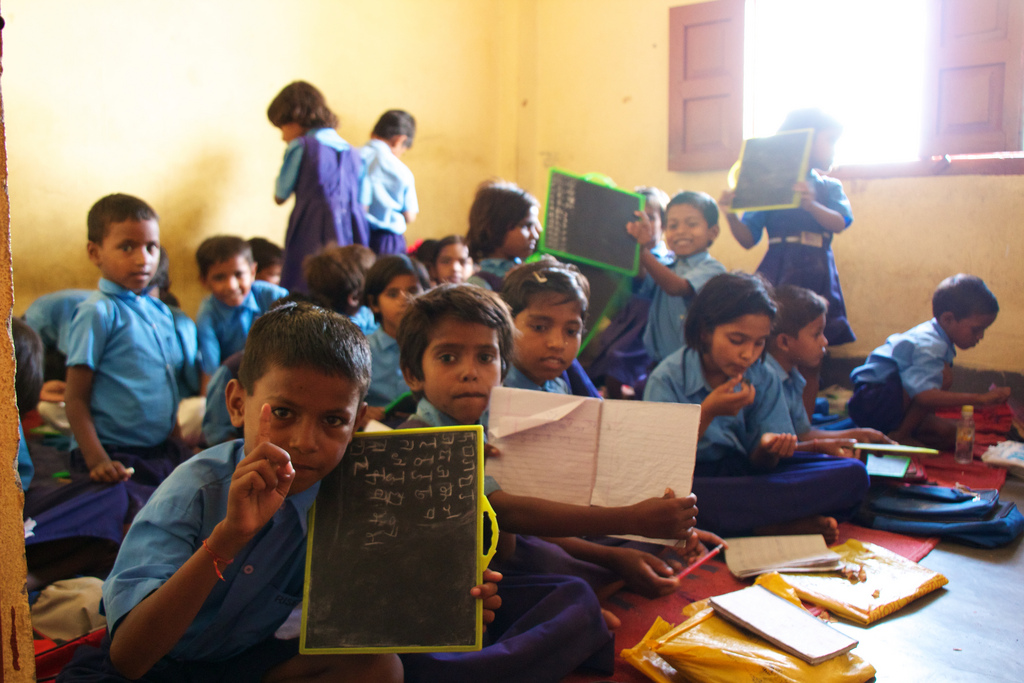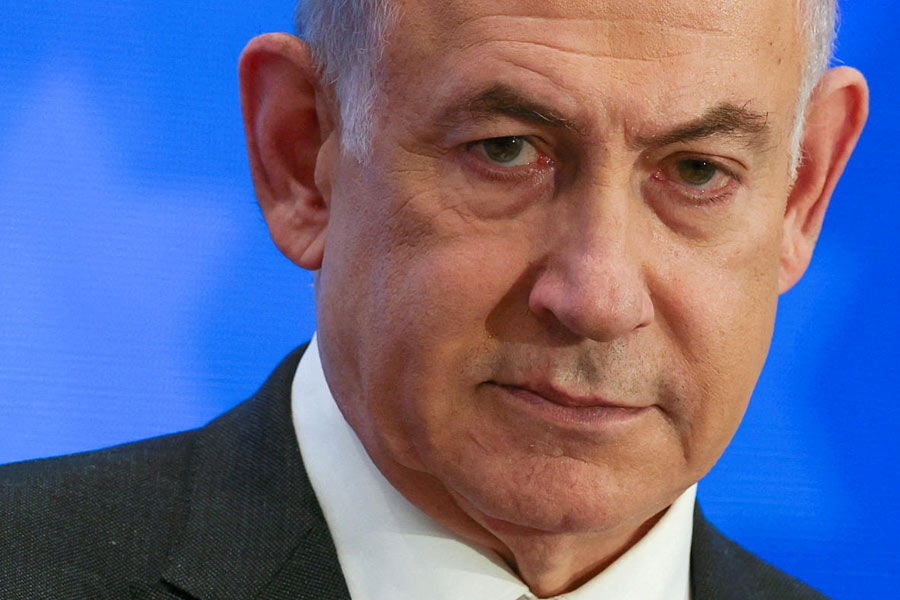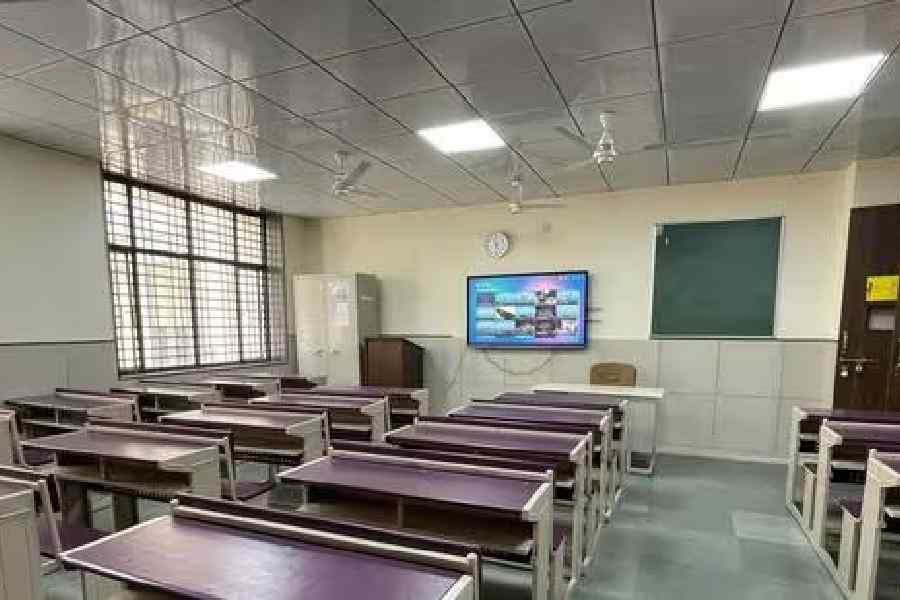Accept differences and be tolerant, schools are telling students as the country’s current atmosphere of religious animosity creeps into classrooms.
Some schools are talking to students about diversity, plurality, equality and freedom of choice while some others have conducted meetings with parents to tell them that their religious preferences or affiliation should not be reflected in their children.
Teachers, too, have been on the alert to tackle any kind of communal remark, even outside the classroom or during breaks.
Instances of parents objecting to students bringing meat as tiffin and requests to change a child’s seat have had schools worried over the past few months.
A group of schoolchildren allegedly chanted a religious slogan on spotting some bearded men pass by recently, prompting the head of the institution to take immediate steps to address the issue.
Lessons in unity and diversity have become the need of the hour, according to many.
“It is the responsibility of all institutions to mould young minds and create an atmosphere where there is a feeling of oneness irrespective of caste, creed or colour. We must perceive each other as fellow human beings,” said the principal of a church-run school. “We have always been telling our students this but under the present circumstances talking to them about unity in diversity is significant.”
The principal of another institution has addressed students of senior classes, telling them what the Indian Constitution says about being secular.
“I tell them that we might follow a certain ideology and religion, be it Hinduism, Islam, Sikhism or Christianity, but we believe in one community, which is humanity. We are all citizens of god’s country and no one can throw us out,” said the principal.
Concern about intolerance was first felt in this school some time ago when the parent of a middle school student sent a letter, requesting for the child’s seat to be changed because the child was sitting next to a student of a particular community.
On probing the matter, a teacher found out that the objection was to meat items in the tiffin box that the other child often brought to school.
Teachers of several schools agreed that lunch box contents often sowed the first seeds of disapproval.
“Students in junior school have said they do not want to sit next to another student who eats meat. We are noticing a growing intolerance for people from a particular community,” said a junior school head of a private English-medium school.
Such incidents have prompted teachers to speak to students about diversity and the need to accept differences in the classroom and beyond. The school conducted a special assembly, where students were asked to list what freedom meant to them.

The Telegraph
The Christian missionary school, where a parent had written a letter asking for a child’s seat to be changed, decided to deal with the issue by talking to the students.
“This has never happened before. They would sit together and enjoy each others’ tiffin. Suddenly there is this feeling that I will not sit beside anyone from a different community,” said the principal of the church-run school. “I have told the students that we do not believe in discrimination in any form. Everyone will be treated as equals and such requests will not be entertained.”
Excerpts from scriptures are read out to students in the morning assembly of a school, followed by an explanation from the principal linking the day’s message to tolerance and love.
“Look around you in the classroom and see for yourself whether you are exhibiting universal love… the student sitting beside you is of another caste, religion and speaks another language… are you being good to them?” the principal told the students one morning when Metro attended the assembly.
Across schools, lines from the national pledge are repeated in various ways. “The line “all Indians are my brothers and sisters” has become very significant now. We are noticing that the feeling of ‘us’ and ‘them’ has crept into the psyche of many students,” said the principal of the church- run school.
In another church-run school in the city, a couple of middle school students allegedly called out Jai Sri Ram to a few bearded men on the road outside their classroom. The men brought the matter to the notice of the school authorities and the students’ parents were summoned.
“We told the parents that such behaviour will not be accepted in our school and if it was repeated the students would be rusticated,” said the principal. The parents had to submit a letter of apology.
The teachers attributed the growing intolerance among students to what they are hear at home.
A principal of a private English-medium school said students do not know on their own how to discriminate among themselves but the ideas are put into their minds by parents, who often make irrational demands from the school.
“There have been parents who have told us that we should screen the children during admission. They have told me that they do not want to send their children to birthday parties of students of a particular community,” said a principal.










